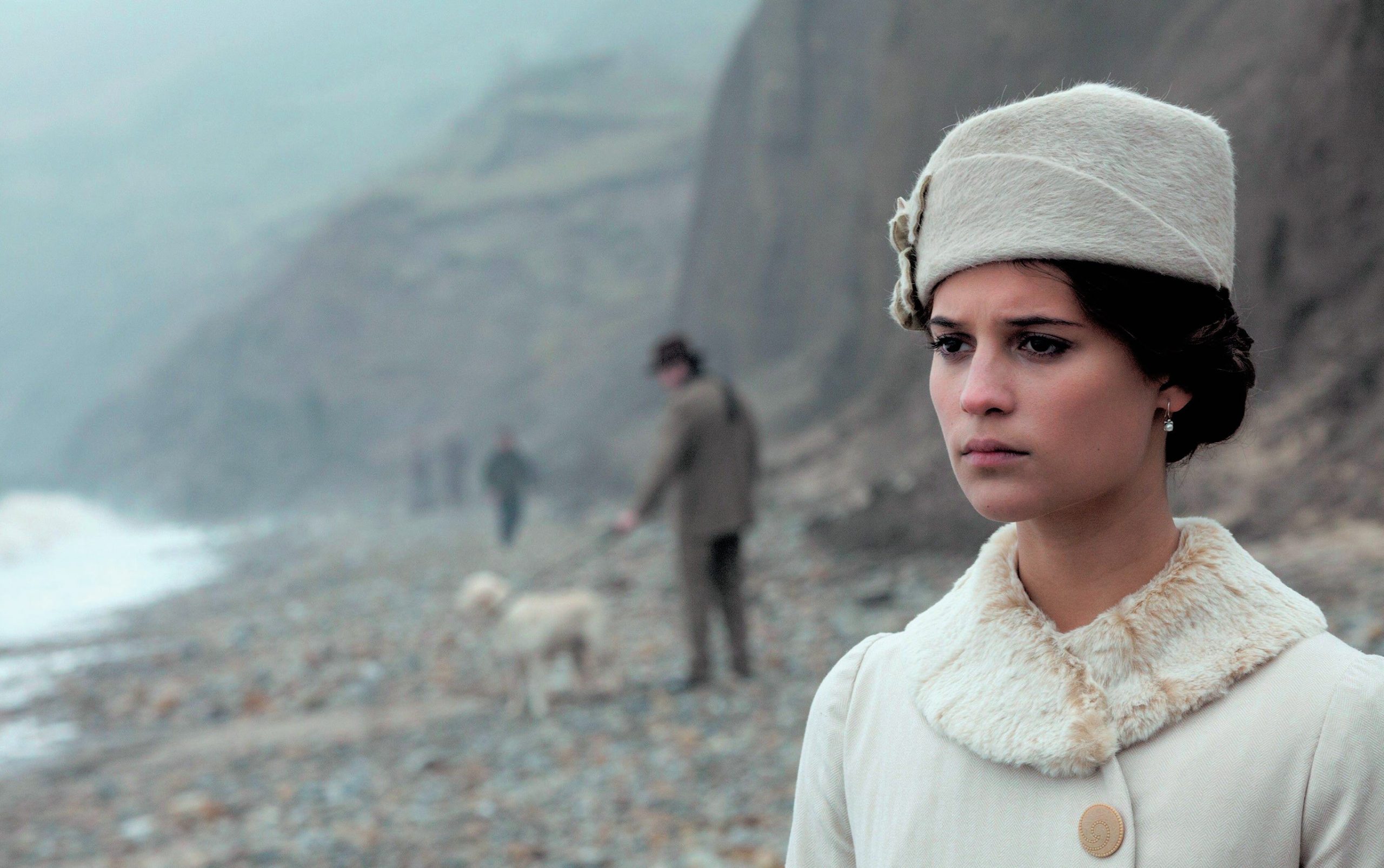
The feminist publishing press Virago was born in 1973, the brainchild of Carmen Callil (1938–2022), an Australian who moved from Melbourne to London in the 1960s and found short-term jobs as a ‘publicity girl’ in the publishing industry, ‘then one of the few jobs available to women who did not want to be secretaries’ she wrote (Callil 2008). In 1972 she was working for the new feminist magazine Spare Rib, whose founders Rosie Boycott and Marsha Rowe aimed to put women’s liberation on the news stands. Callil decided that she wanted to do the same thing for book publishing, an industry that was still largely dominated by Oxbridge-educated men: ‘I started Virago to break a silence, to make women’s voices heard, to tell women’s stories, my story and theirs’ (Callil 2008).
Originally called Spare Rib Books, Callil decided to rename it ‘Virago’ in 1973, to revive the word’s heroic original meaning of a strong, courageous female warrior, a battler: ‘Irreverence and heroism, that’s what we wanted’ (Callil 2008). Virago became an independent publisher in 1976, and its logo, a bitten apple, symbolised both the sharing of knowledge and the ways in which women have been demonised throughout history. For 50 years, Virago books have reflected women’s march towards equality and ensured that women’s voices have been heard. Virago’s success as a publisher is part of that story, reflected in the greater power of women in all fields of publishing today; that’s certainly worth celebrating, even though there is more to be done.
Your organisation does not have access to this article.
Sign up today to give your students the edge they need to achieve their best grades with subject expertise
Subscribe




